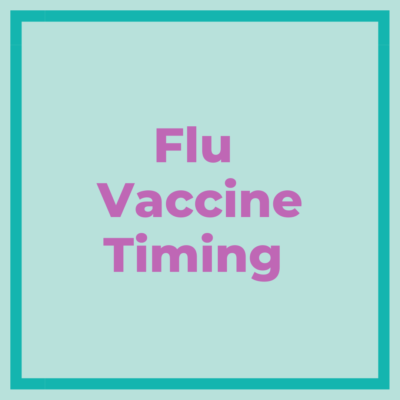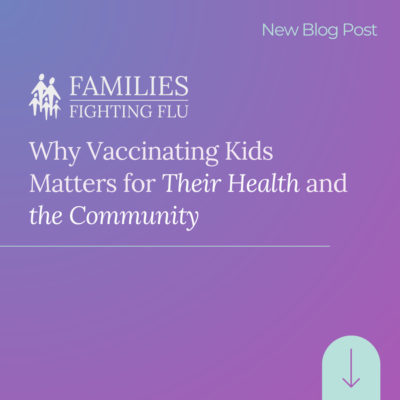
- Flu Vaccine Information
Should You Wait a Full Year Between Flu Shots?

At the heart of today’s blog is a common question about vaccination and immunity, essentially: how long does flu immunity last after vaccination? To begin our discussion, anyone who has received a flu vaccine during their life or contracted the flu in their life will have some immunity, but that background immunity isn’t the strongest protection against serious flu symptoms. That’s why it is recommended that everyone 6 months and older receive a yearly flu vaccine. Think of it as a strong boost to your immune system right when flu exposure is most likely to occur.
How Do Flu Antibodies and Immunity Work?
When you receive a flu vaccine, you might expect to have heightened immunity immediately. In fact, flu immunity builds up over two weeks following your exposure to the vaccine. After that two-week period, you can be considered more immune to serious flu illness than you were before. That immunity lasts for 6 – 8 months, which gives some good clues to when you want to get immunized.
How to Make a Flu Shot Plan
If we use the rough definition of flu season as October to March (in the northern hemisphere), you want your flu immunity to overlap with the period of heightened flu activity. Ideally, you want to receive your flu vaccine in September so you’re fully prepared for the upcoming flu season. However, many of us have had the experience of setting a reminder for the flu vaccine only to find that your local healthcare provider or pharmacy doesn’t have vaccines available yet, or their flu shot clinic isn’t open. Don’t worry!
Getting a Flu Vaccine Early or Late
Receiving the flu vaccine after October (even as late as January) is still better than not receiving one at all. Flu infections and hospitalizations tend to peak in February each year. While getting vaccinated early (September) is ideal, getting vaccinated later in the season is still advisable. If you have other health factors (like a third-trimester pregnancy) your healthcare provider may bump you up the list and recommend a July or August vaccination to allow the infant to benefit from flu antibodies. For most Americans, September is the start of flu vaccination season.
Flu Vaccination Can Be More or Less Than 12 Months Apart
To address the original question, ‘Should You Wait a Full Year Between Flu Shots’, yes, you should plan to get your flu shot each September or October…roughly a year between flu vaccines. However, there is no added risk if your shot falls less than 12 months apart, and receiving a flu shot every flu season is advisable regardless of whether they are 11 months apart or 15 months apart.
Sources:
https://www.cdc.gov/flu/prevent/keyfacts.htm
https://www.cdc.gov/flu/images/flu-peak-activity-2021-2022.JPG?_=71043


